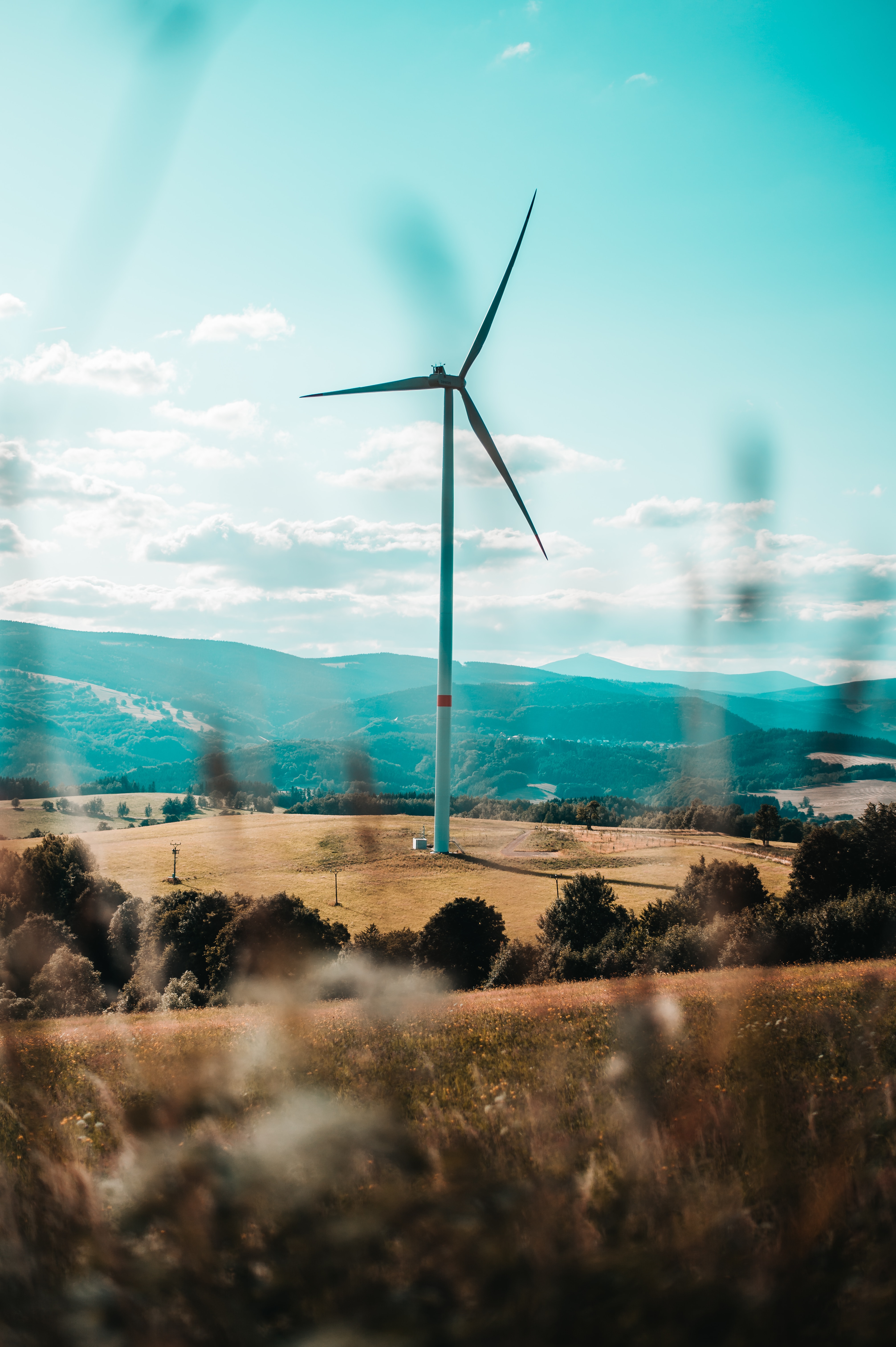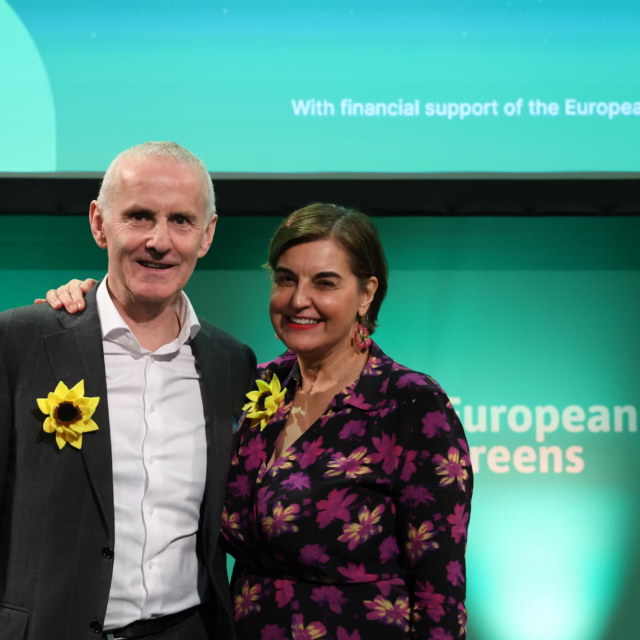Photo by Jan Kopřiva on Unsplash
EU Member States have submitted their revised draft National Energy and Climate Plan (NECP).
The NECPs are key documents for determining how each Member State foresees to meet its 2030 climate and energy targets, and a central governance instrument for achieving climate neutrality by 2050 under the European Green Deal.
Campaigners say, though, that “regrettably” only six Member States have submitted their plans on time: Croatia, Denmark, Finland, Italy, Slovenia and Spain.
EREF, the federation of national renewable energy associations, representing all renewable energy technologies, has “underlines the importance” of Member States’ commitment – not only to respect the deadline given the remaining time until 2030 but also to submit ambitious, comprehensive, and coherent draft NECPs.
In this regard, EREF also says it now calls on the European Commission to “fulfil its task to rigorously oversee and ensure compliance with this process, in line with the Governance Regulation.”
The urgency to transition to a secure, stable, and affordable energy sector that is 100% powered and fuelled by renewables was convincingly demonstrated by the energy crisis that followed Russia’s invasion of Ukraine, as well as the many (and to some extent fragmented) emergency interventions undertaken by EU and national authorities, says EREF.
A statement said, “This includes the currently debated Electricity Market Design reform, which has once again highlighted that a rapid transformation to economies that are based on renewable energy systems is not only a premise due our planet’s climate, but also required to foster energy security and competitive, innovative and clean European industries.”
“This is not just a matter of policy preference — it is a vital step towards achieving future-proof European democratic societies. With renewables providing for affordable and reliable energy, EREF urges Member States to set highly ambitious targets in their NECPs and design effective, equitable policies and financing plans to accelerate decarbonisation through all available renewable energy sources, from wind to solar to bioenergy, to build resilient, flexible, and sustainable energy infrastructures.”
“The NECPs also should be the sounding board to accelerate permitting procedures for renewable projects and stride forward towards a more sustainable and renewable energy future as of the highest public interest beside peace for Europe,” it adds.
The statement adds, “With the tremendous potential that energy communities and active citizens offer in contributing to reach the EU’s energy efficiency and renewable targets, EREF underlines the importance of transforming consumers into ‘energy citizens’.”
“Member States should acknowledge that energy citizenship is not only a crucial element in developing public endorsement but also boosts social and economic development.”
“Member States should not fall into the trap of using fossil gas as ‘transition bridges’.”
“These investments risk lock-in effects and high energy prices.”




